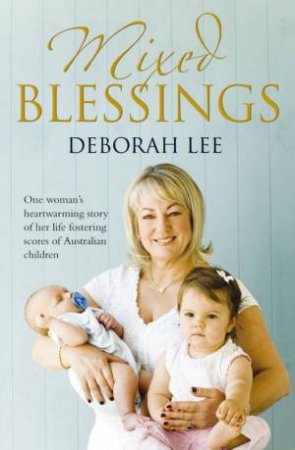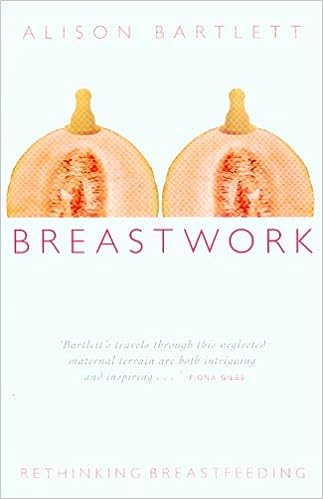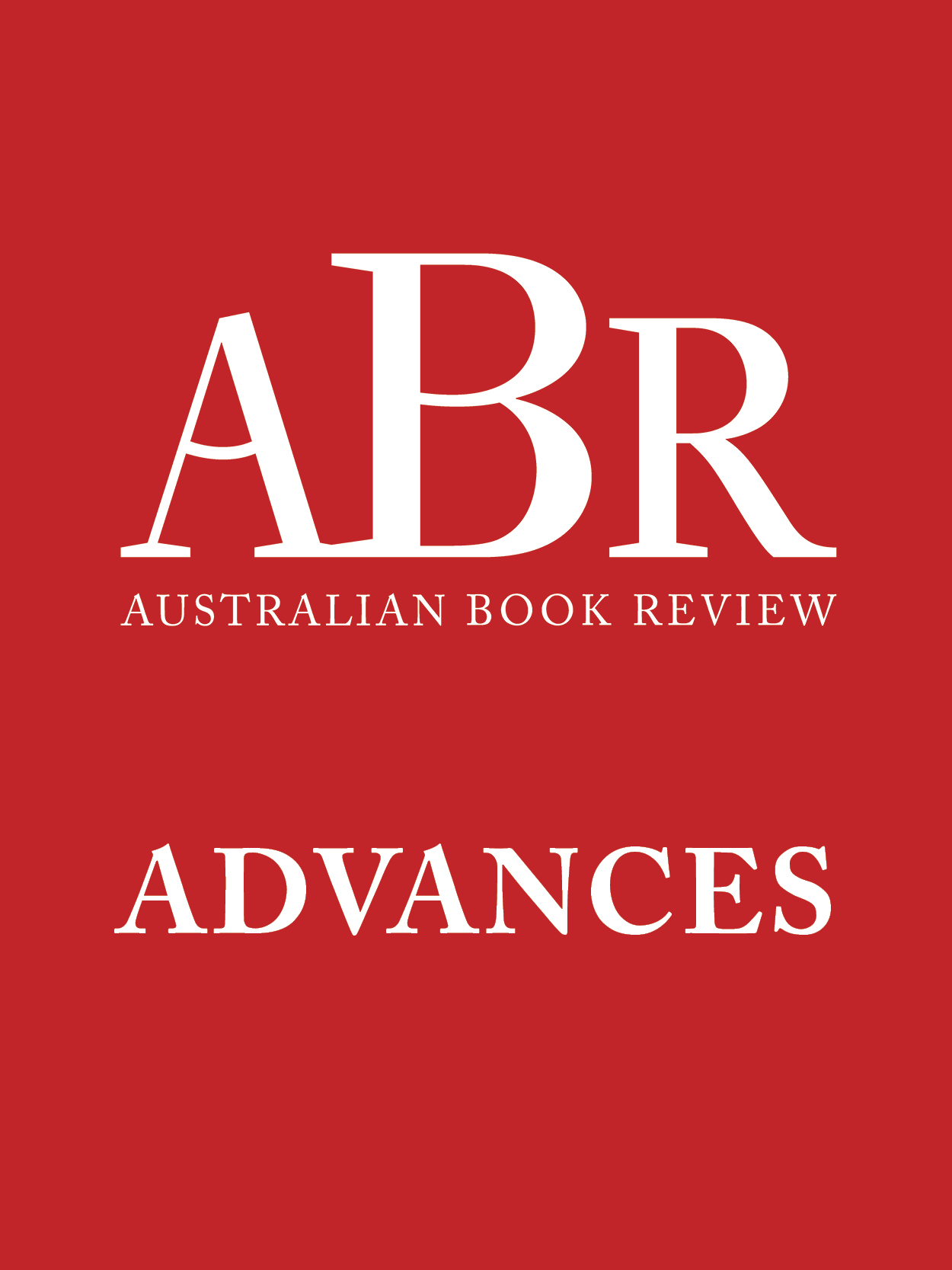Breastwork: Rethinking Breastfeeding
UNSW Press, $39.95 pb, 207 pp
The Gift: Grandmothers and Grandchildren Today
Pluto Press, $26.95 pb, 197 pp
Robbing the baby
When I was seven, a teenage orphan called Katherine came to stay with us for the summer holidays. Katherine had short red hair, freckles and brown eyes. She loved play-fighting and running, and hated wearing dresses and skirts. The only skirt I ever saw her wear was the navy blue one that was part of her school uniform. When the school holidays ended, Katherine stayed and became our foster sister. The big back room became her bedroom. She decorated the sloping roof over her single bed with posters that promoted jobs in the police force: the armed offenders squad, the dog squad and the youth protection squad. When she turned fourteen, my parents bought Katherine some shelves and a desk. The latter was beautiful; I would have liked it myself. Katherine liked it, too. She spent most of her birthday on her own in the bedroom. I looked through the keyhole to see what she was doing. Katherine had her head on the desk and was crying. Mum said it was because she was happy. My foster sister left school when she was sixteen and found work in the taxation department. In her spare time, she trained for the police-force entrance tests. At nineteen, she got in and left home for good.
Katherine unsettled me by taking my place as the oldest child. Foster children are not bound to their parents or siblings by any of the conventional markers of family: blood or name or law. They are insiders and outsiders, siblings and strangers. Foster children are tragic figures: their parents have abandoned them through death or, more often, through incompetence of one traumatic kind or another. Unlike an adopted child or one created through either donor sperm or donor eggs or both, the foster child never truly belongs to her family. Her foreign origins remain transparent.
Continue reading for only $10 per month. Subscribe and gain full access to Australian Book Review. Already a subscriber? Sign in. If you need assistance, feel free to contact us.












Leave a comment
If you are an ABR subscriber, you will need to sign in to post a comment.
If you have forgotten your sign in details, or if you receive an error message when trying to submit your comment, please email your comment (and the name of the article to which it relates) to ABR Comments. We will review your comment and, subject to approval, we will post it under your name.
Please note that all comments must be approved by ABR and comply with our Terms & Conditions.